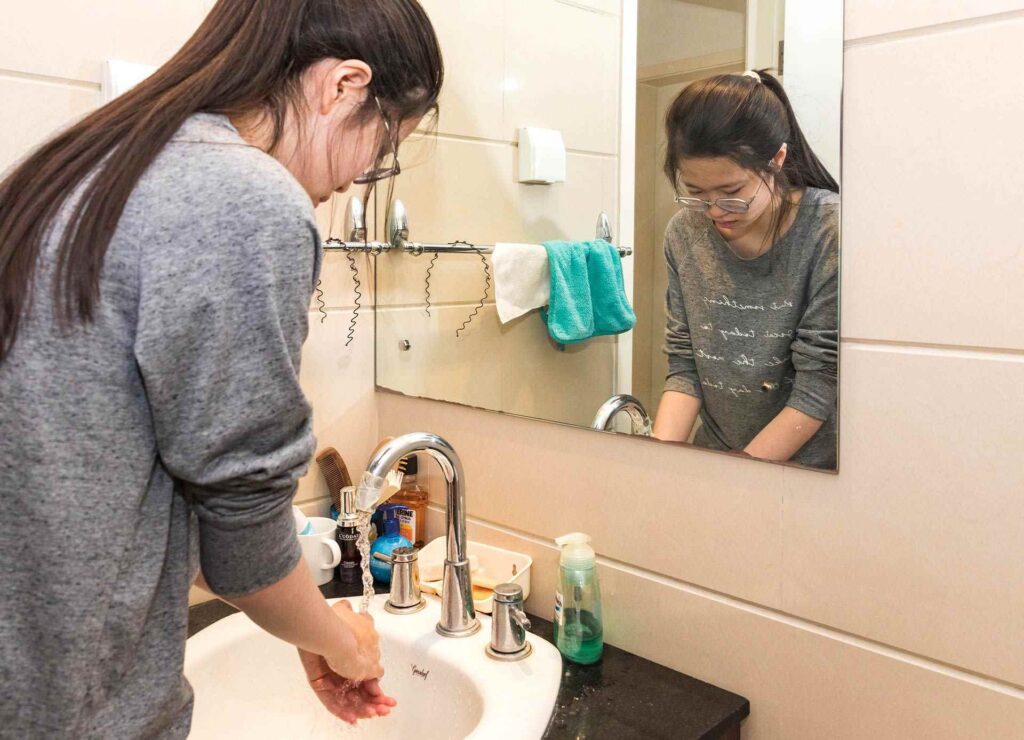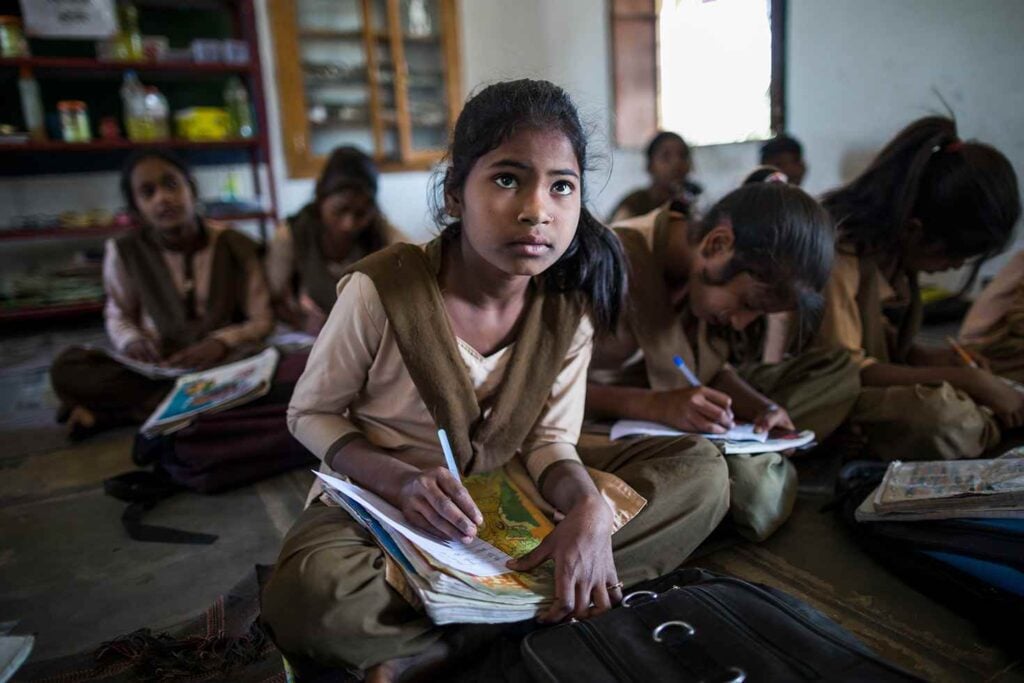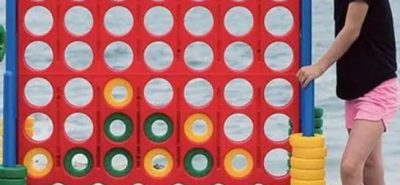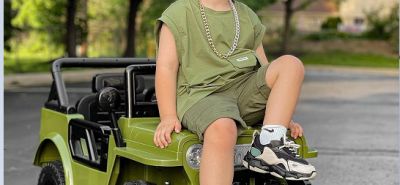8 Helpful Ways To Reassure Your Kids During Coronavirus Pandemic
All you’re hearing about coronavirus disease (COVID-19) right now will easily make you feel overwhelmed and worried.
Thus, it’s understandable if your children are nervous as well. Children can struggle to comprehend what they see online or on television – or hear from others – making them especially susceptible to feelings of anxiety, stress, and sadness. However, having an open and compassionate conversation with your children will help them understand, deal with, and even contribute positively to others.
1. Ask open-ended questions and pay attention
Begin by asking your child to discuss the situation. Determine how much you already know about them and follow their lead. If they are particularly young and haven’t yet learned about the outbreak, you do not need to bring it up; instead, use the opportunity to warn them about good hygiene habits without causing them any new fears. Kids can effectively stay away from illness as long as they keep healthy habits.
Ascertain that you are in a secure atmosphere and that your child is free to express himself. Drawing, storytelling, and other practices are all perfect triggers to start a conversation with your kid.
Above all, don’t overlook or ignore their fears. Recognize their concerns and reassure them that it’s normal to be afraid of these situations. Show that you’re paying attention by giving them your undivided attention, and make sure they know they can speak to you and their teachers at any time. It’s important for kids to be confident that there will be someone listening to them and offer advice to them.
2. Be truthful: clarify the facts in a way that is child-friendly
Children have a right to know the truth about what is going on in the world, but adults still have a duty to keep them safe from harm. Use age-appropriate vocabulary, pay attention to their reactions, and be aware of their anxiety level. Sometimes heavy words can only make the situation worse.
Don’t guess or give an ambiguous reply if you can’t answer their questions. Use it as an opportunity to discuss the answers with your community. International organizations’ websites, such as UNICEF and the World Health Organization, are excellent sources of information. Explain that some online information isn’t reliable and that it’s best to rely on the experts.
3. Teach them how to defend themselves and their peers
Encourage daily handwashing as one of the best ways to keep children healthy from coronavirus and other diseases. It can be a funny process rather than a tense discussion. To make learning enjoyable, sing along with kids’ favorite songs or do this dance, and they will gradually be immersed in washing hands.
You may also teach kids how to cover a cough or sneeze with their elbow, clarify that it’s best not to get too close to people who have those symptoms, and remind them to let you know if they start to feel feverish, cough, or have trouble breathing. You must attach much importance to kid’s health from time to time.

4. Provide reassurance
When we see a lot of disturbing images on television or on the internet, it may seem like the crisis is all around us. Children can not be able to tell the difference between what they see on television and their own personal experience, which leads them to believe they are in danger. Where necessary, provide opportunities for your children to play and relax to help them cope with stress. Maintain as many daily routines and schedules as possible, particularly before going to bed, or assist in the creation of new ones in a new setting.
If you live in an area where there is a coronavirus epidemic, tell your kids that they are unlikely to get the disease, that most people who do get coronavirus don’t get very sick, and that many adults are working hard to keep your family healthy. The point is to reassure them.
Explain to your child that if they become ill, they must remain at home or in the hospital because it is better for them and their peers. Reassure them that you understand how difficult (or even boring) it can be at times, but that adhering to the rules will keep everyone safe.
5. Determine whether or not they are feeling or transmitting bullying
Since the coronavirus epidemic has resulted in various cases of racial profiling around the world, it’s important to ensure that your children are not victims of or perpetrators of bullying.
Explain that the appearance, origin, or language spoken by a person have no bearing on the coronavirus. They should feel comfortable telling an adult they trust if they have been bullied at school. No one shall be blame except pandemic itself.
Remind your children that everybody at school needs to be healthy. Bullying is never acceptable, and we should all work together to promote love and help one another. Coronavirus has casued huge hurts on people, and we shall never bear or transmit extra hurts through bullying.

6. Look for people who can assist you
It is important for children to understand that people support one another through acts of kindness and generosity.
Share the experiences of people including health professionals, scientists, and young people who are trying to stop the outbreak and keep the community healthy. Knowing that caring people are taking action can be very reassuring.
7. Take care of yourself
If you’re dealing, you’ll be able to support your children more effectively. Children will pick up on your reaction to the news, so it’s important for them to know you’re cool and collected.
Take time for yourself if you’re nervous or frustrated, and reach out to other family members, colleagues, and neighbors for help. Make time for activities that will help you relax and recover.
8. Carefully end conversations
It’s important to understand that we’re not abandoning children in distress. As the talk comes to a close, observe their body language, determine whether they’re using their normal tone of voice, and keep an eye on their breathing.
Remind your children that they are free to bring up any other tough topics with you at any time. Remind them that you care, that you’re listening, and that you’re there for them if they’re concerned.
It’s ineluctable to talk about this pandemic with your kids, and what and how you have a conversation with them means a lot. Pass positive thoughts to them and keep them reassured during this special period.











LEAVE A COMMENT
You must be logged in to post a comment.